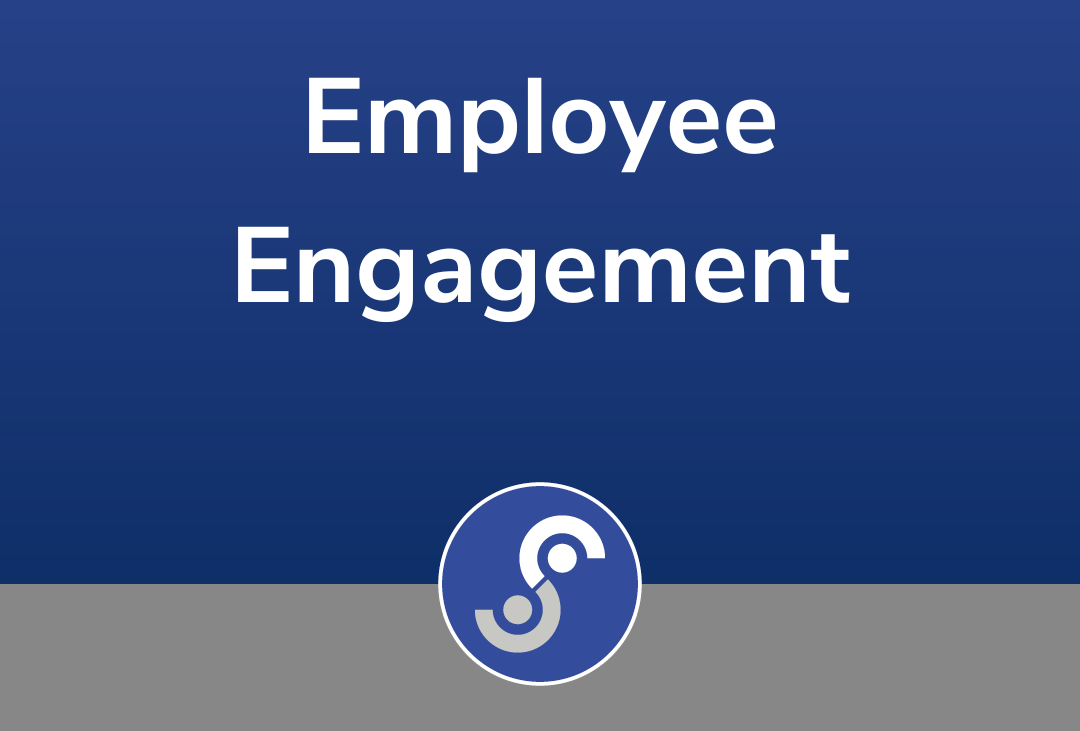Strengthening Your Team with the Five C’s of Employee Engagement
At a time when recruitment is difficult, the focus moves to retention and employee engagement is a very hot topic.
When we talk about engagement, we’re talking about taking part, getting involved and going the extra mile. In terms of Employee Engagement, we want this to be positive – showing commitment to the work in hand, the team, and the company. These positive connections have been shown to provide benefit to both individuals and organisations, with more engaged employees being happier, more productive, and more committed.
Focused and committed individuals become more effective teams which build stronger, better businesses – but how easy is it to build employee engagement?
Employee Engagement – What Does It Look Like?
Coming at things from a Personal Strengths focus – as I always do – it’s clear that what engages each individual in your team will be different. For some it will be taking part in a team building event, others will prefer regular one to ones with line managers and for others the drive is having their voices heard.
Importantly then, you’ll need to understand what employee engagement feels like for your people – so, this is where we start.
Before I talk any more about how to engage your team, you will need to consider each of the people within it because this exercise is about understanding those individuals and identifying techniques which will work for them.
This is not to say that you need to treat everyone in your team differently, just be aware that your ideas will be valued differently depending on someone’s strengths and likes – as will their reactions.
Let’s think about it this way. As you stand to make a statement about the great results your team have achieved, this will provoke different reactions:
- Sam, who has Enthusiasm as one of his Significant Strengths, lets out an immediate grin and ‘whoop’ as he remembers his part of the project, this inspiring others around him to reflect that enthusiasm.
- Mary, with Empathy as one of her Significant Strengths, will automatically seek out those members of the team she worked with – particularly those who were less confident in their role – catching their eye to give a knowing smile.
- Deborah, who has Critical Thinking within her toolbox, may not show her response at all, taking this opportunity to consider her role in this success and what lessons she’ll take from it.
So, how will you work to build employee engagement within your team?
Consideration
Let’s start by considering the individual, their strengths, and their likely reaction to your techniques.
Thinking about how you plan to build on the relationships with your team, use this time to decide on an initial approach and recognise what you’re hoping to achieve. While nobody is transparent and you might be wrong in your prediction, this time spent thinking about what you know about the people in your team is valuable.
Communication
Communication could be a whole topic on its own (and maybe one day it will be!)
For now, let’s agree how important open dialogue is between individuals to build trust and therefore engagement. Within this huge topic I want to pick out:
- Frequency and method of communication, this will likely depend on the individual. While you may decide weekly updates with your team is important Sam and Mary may like a regular face to face chat (and while Sam is happy to pick out highlights, Mary might need longer), Deborah however prefers a quick phone call.
- Engagement through change, we know that how energised people are by change will differ. However, we can be sure that everyone likes to know what’s going on – sharing whatever information is useful will help people feel part of the process.
- Listening, encourage your employees to share their thoughts through formal and informal channels – bear in mind this will only improve engagement if feedback given is considered, actioned, or responded to.
Coaching
You won’t be surprised to see me exclaiming the value of coaching, but – while coaching will provide benefits to your organisation through the improved performance of employees – it will also support the values and aims of individuals therefore promoting employee engagement. Again, I’ll pick out some specific reasons for this:
- Self-development, giving your people opportunities to develop within their role and even see potential for future advancement, brings real satisfaction.
- Self-Direction and ownership, coaching will provide your team with the chance to reflect on their needs, wants and goals.
- Leadership through coaching, a coaching style can be recognised by its ‘ask don’t tell’ approach. Encouraging individuals to learn themselves rather than being told encourages deeper understanding and involvement.
Culture
Employee engagement won’t be developed through one person’s actions alone. The culture of an organisation or workplace affects everyone within it; think about your culture:
- Define a good culture, what will support your people? A culture of no-blame, where mistakes are expected and used as an opportunity for learning? A growth culture, where regular consideration of next steps is expected? Some of this will be determined by your wider organisation, but even within your team you can specify behaviours to be encouraged.
- Caring leadership, understanding the needs of your people personally and creating an environment where meeting their needs is addressed will shape the whole team.
- Self-direction and ownership, while the coaching piece allows exploration and definition of individual plans, change will only be possible if the culture allows it.
Commitment – it’s the Fifth ‘C’
Employee Engagement is not something which can be seen as a tick-box exercise, it’s not a one-off. Encouraging engagement is important throughout the employee lifecycle – recruitment, onboarding, development, retention, and separation.
What you’ll have seen here is that Employee Engagement should be a question within all our interactions, plans, and development; asking, “How will this impact Employee Engagement?” can make a huge difference.
I’d love to hear examples of how your organisation impacts employee engagement, and if you’d like to find out more about Strengths Coaching can support it I’d be happy to help, you can Get in Touch Here.





